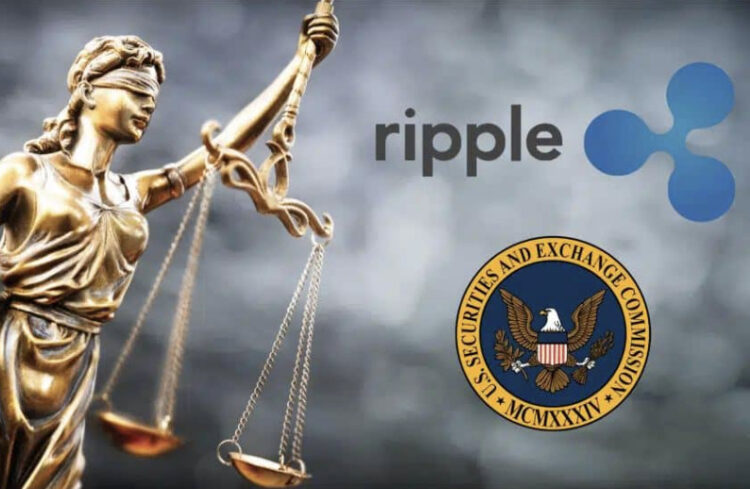John Deaton, a vocal pro-Ripple attorney, has spotlighted the potential effectiveness of the Safe Harbor concept in addressing the lawsuit filed by the US Securities and Exchange Commission (SEC) against Ripple. Deaton believes that adopting this legal clause could have saved Ripple millions of dollars in legal fees and further promoted the decentralization of XRP.
The SEC’s lawsuit against Ripple had significant consequences, including the delisting of XRP from several exchange platforms and a subsequent decline in its price. Deaton suggested that had the Safe Harbor concept been in place, Ripple could have avoided legal troubles and protected the interests of XRP holders.
In a series of tweets published on June 20, 2023, Deaton noted a meeting that took place in March 2018 between former SEC director William Hinman and representatives from venture capital firm Andreessen Horowitz (a16z). During this meeting, a16z presented Hinman with a comprehensive report and a Safe Harbor proposal. According to Deaton, this proposal heavily influenced a similar proposal of the same name put forward by Hester Pierce, who was the chair of the SEC at that time.
Recently on @scottmelker @cryptomanran and @MarioNawfal’s Crypto Town Hall Spaces, @WarrenDavidson made a very accurate statement. Although no one is as bad as @GaryGensler, the Congressman stated some blame must be placed on Clayton and Hinman’s tenure at the SEC.
READ THIS: pic.twitter.com/TNon5nmxPb
— John E Deaton (@JohnEDeaton1) June 20, 2023
The Safe Harbor concept involves including a provision in a legal agreement that temporarily relieves an organization or individual from obligations or penalties upon meeting specific requirements. Although the original proposal primarily focused on Ethereum (ETH), Deaton argued that it could have potentially applied to tokens like XRP as well.
Deaton pointed out that former SEC director Hinman considered ownership of over 30% to 40% of shares as “substantial,” suggesting that a lower percentage could be considered significant for an asset to be categorized as a commodity. However, the lack of a specific ownership threshold set by Hinman prevented the proposal from progressing.
These companies could’ve been given 3-5 years to meet certain markers for a token to be a commodity. Read what Hinman considers a “substantial” amount of token ownership. He said anything over 30-40% would be substantial to him, but it’s difficult to know where to draw the line. pic.twitter.com/VOLic8ldDb
— John E Deaton (@JohnEDeaton1) June 20, 2023
Deaton contended that if the Safe Harbor concept had been implemented, companies such as Ripple and LBRY would have been granted a three to five-year timeframe to meet specific criteria for their tokens to be classified as commodities. This would have provided clarity and regulatory certainty for such projects.
The U.S. SEC filed a lawsuit against Ripple Labs in 2020, alleging that the company offered unregistered security through its cryptocurrency XRP, raising over $1.3 billion. In a recent court hearing, documents containing internal messages within the SEC relating to William Hinman’s 2018 were finally released. Ripple Labs has been actively seeking the release of these documents since late 2021, as they intend to use them to challenge the regulator’s claim that XRP is a security.
If you want to read more news articles like this, visit DeFi Planet and follow us on Twitter, LinkedIn, Facebook, Instagram, and CoinMarketCap Community.
“Take control of your crypto portfolio with MARKETS PRO, DeFi Planet’s suite of analytics tools.”





















